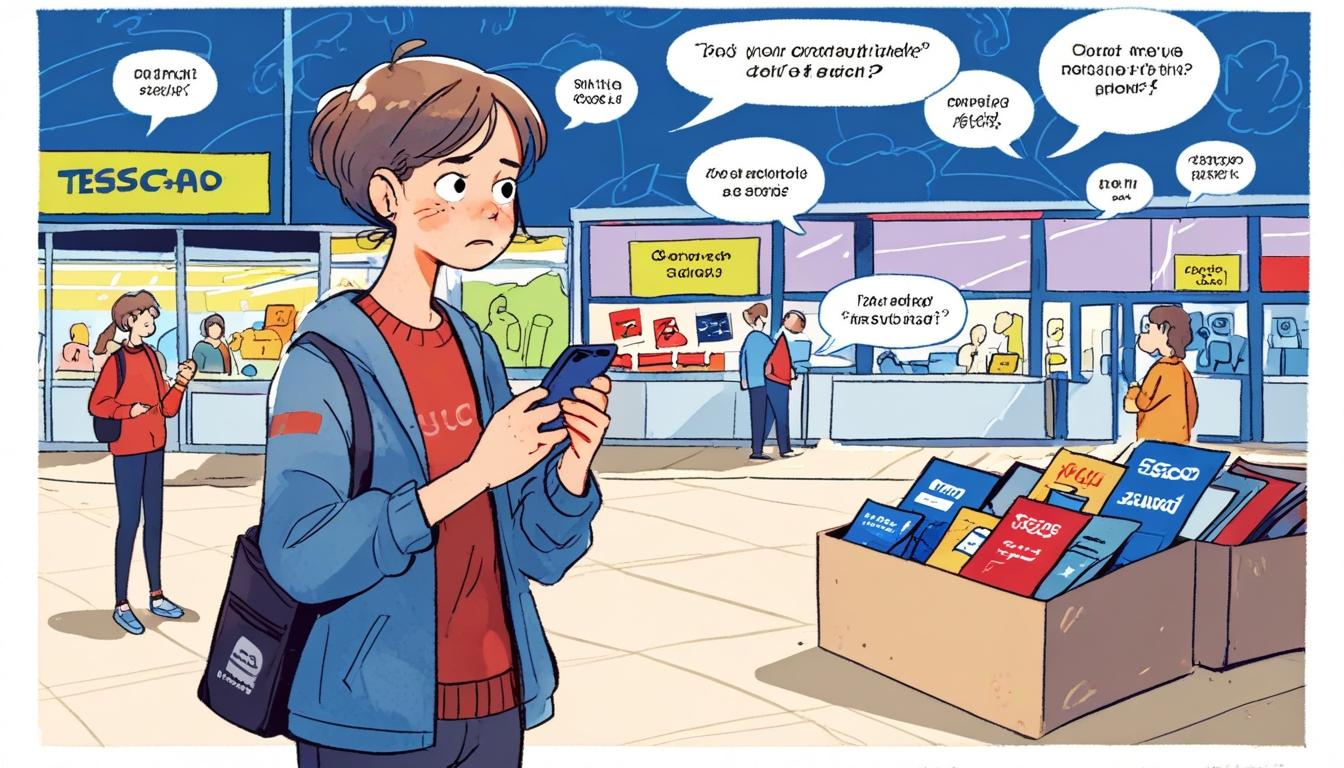Tesco has recently faced significant customer backlash after an email debacle led shoppers to believe they had received £100 in Clubcard points. The confusion arose when the supermarket, in conjunction with EasyJet, sent out notifications claiming the points had been added to accounts for members who booked holidays during a promotional period. However, the message mistakenly reached many customers who had not participated in the deal.
On Sunday afternoon, the initial email excitedly informed users of an unexpected boost to their Clubcard accounts, linked to a promotion that offered 10,000 points for EasyJet holiday bookings. This promotion, intended to celebrate the 30-year anniversary of the Clubcard programme, ran from mid-February to mid-April of this year. Unfortunately, less than 24 hours later, Tesco had to issue a correction, clarifying the mistake.
In the follow-up email, titled “Oops - that email wasn’t meant for you!”, Zoe Evans from Tesco’s UK customer engagement centre expressed regret for the confusion, explaining that the promotional message had been sent out erroneously. She reassured customers of their potential holiday plans, hoping to mitigate the disappointment felt by many.
Frustrated customers took to social media to voice their concerns and disappointment. One user on X expressed their dismay: “WTF is this about Tesco? I demand £100 of clubcard points NOW!!” Others echoed similar sentiments, questioning the supermarket's communication and expressing their frustration over what some labelled as false advertising.
This incident is not isolated; Tesco has a history of technical issues affecting its Clubcard programme. Previously, a small number of customers encountered problems with Clubcard Prices, leading to missing discounts. In those instances, Tesco issued e-coupons to compensate affected customers, reinforcing a commitment to customer satisfaction in the face of technical glitches.
Moreover, the supermarket has faced scrutiny in the past for modifying its Clubcard rewards scheme, including controversial changes that would reduce the value of vouchers without sufficient notice. Such adjustments spark considerable backlash from customers, prompting Tesco to temporarily delay implementations until sufficient feedback was gathered, illustrating the fine balance retail giants must maintain in their customer engagement strategies.
As Tesco navigates through these communication errors and customer dissatisfaction, it remains to be seen how the brand will adjust its approach to managing its loyalty programme. The retailer has an ongoing obligation to ensure transparency and clarity in its promotions, particularly as customer loyalty in a competitive market becomes increasingly paramount.
Source: Noah Wire Services
